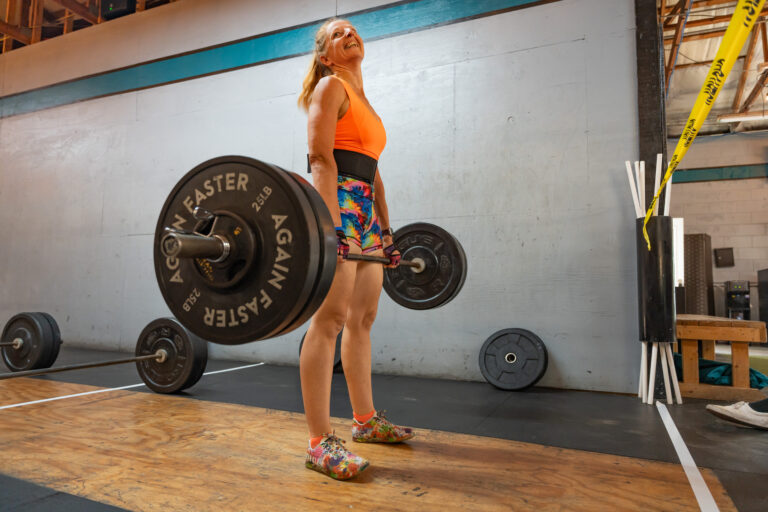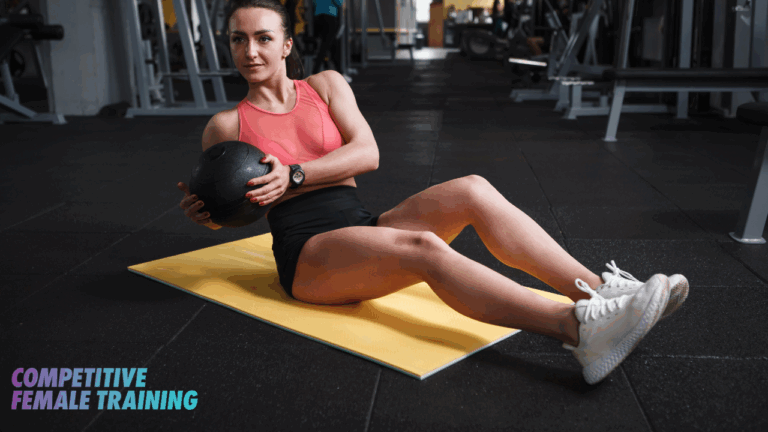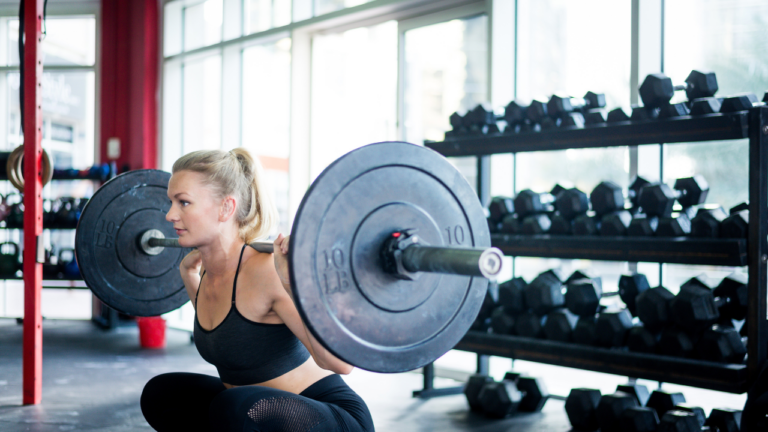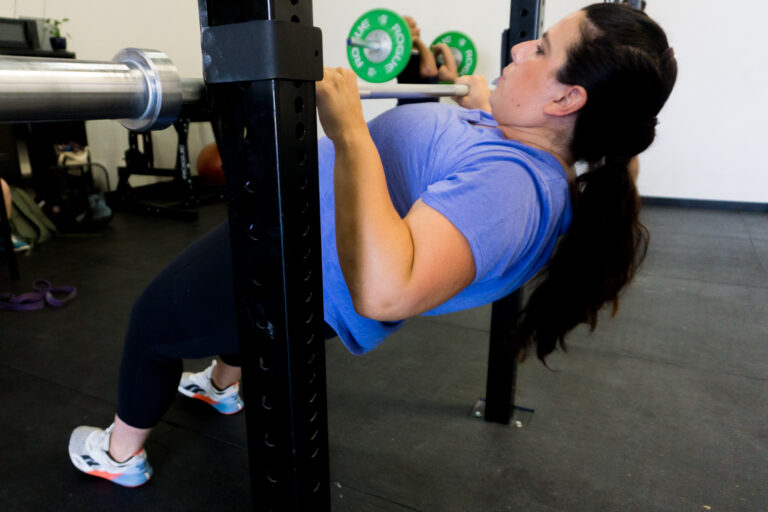Navigating Supplements as a Female Athlete: What You Need to Know

As a female athlete, nutrition plays a crucial role in performance, recovery, and overall health.
While a well-balanced diet should provide the majority of the nutrients you need, supplements are often considered to help fill potential gaps, boost performance, or support recovery.
However, navigating the world of supplements can be overwhelming, as there are hundreds of products on the market, all claiming to enhance performance or speed recovery.
Understanding when supplements might be beneficial, how to choose them wisely, and recognizing potential risks is essential for any athlete, especially women, who have unique nutritional needs due to factors such as hormonal fluctuations, bone density, and lean muscle mass. This article will guide you through the basics of supplement use as a female athlete.
When Are Supplements Beneficial?
For most female athletes, a well-planned diet tailored to your training goals and energy needs should be the foundation of nutrition. However, there are some instances where supplements can be beneficial:
- Filling Nutrient Gaps: Even with a balanced diet, it can be challenging to meet all of your micronutrient needs, especially for nutrients like calcium, vitamin D, iron, and omega-3 fatty acids. Athletes with high training volumes, restrictive diets, or specific medical conditions (such as anemia) may benefit from supplementation to prevent deficiencies.
- Enhancing Performance: Certain supplements, such as caffeine, creatine, and beta-alanine, have been scientifically shown to improve specific aspects of performance, like endurance, strength, or power output. These supplements may offer a competitive edge for athletes in high-intensity sports or strength training.
- Supporting Recovery: Post-exercise recovery can benefit from supplements that help repair muscle tissue, reduce inflammation, and restore energy levels. Common recovery supplements include protein powders, branched-chain amino acids (BCAAs), and omega-3s.
- Managing Menstrual Cycle-Related Symptoms: Female athletes may experience hormonal fluctuations that can impact performance and energy levels. Supplements like magnesium or B vitamins can help alleviate symptoms like cramps, fatigue, and mood changes associated with the menstrual cycle.
How to Determine If You Need Supplements
Before adding supplements to your routine, consider the following:
- Evaluate Your Diet: Are you consistently meeting your nutritional needs through food? A registered dietitian can help assess whether your diet provides adequate amounts of essential nutrients. Athletes in demanding training programs may need more nutrients than sedentary individuals, so even small deficiencies can affect performance and recovery.
- Consider Your Training and Goals: Your sport and training regimen will influence whether supplements might be helpful. For instance, endurance athletes may benefit from carbohydrate supplements or electrolytes, while strength athletes may find creatine and protein powders useful for muscle recovery and growth.
- Consult a Healthcare Professional: If you suspect a nutrient deficiency or need help navigating supplements, it’s wise to consult a healthcare provider or a sports dietitian. They can help you avoid unnecessary supplementation and guide you toward products that meet your individual needs.
What to Look For in Supplements
Not all supplements are created equal, and choosing high-quality products is essential for both safety and efficacy. Here are key factors to consider:
- Third-Party Testing: Look for supplements that are third-party tested for purity and potency. Reputable testing organizations like NSF Certified for Sport, Informed-Sport, and USP (United States Pharmacopeia) verify that the product contains what it claims and is free from banned substances or contaminants.
- Transparent Ingredient Lists: Choose supplements with clear, straightforward ingredient lists. Avoid products that contain proprietary blends, as these often conceal the exact amounts of each ingredient, making it difficult to assess their effectiveness or safety.
- Science-Backed Ingredients: Many supplement companies make bold claims, but not all products have scientific backing. Look for supplements with ingredients supported by research. For example, protein powder (such as whey or plant-based protein) and creatine have strong evidence for muscle repair and growth, while caffeine and beta-alanine are shown to enhance performance in endurance and high-intensity activities.
- Dosage and Safety: Follow dosage recommendations based on scientific research, not just the label’s suggestions. Some supplements, especially fat-soluble vitamins (A, D, E, and K), can be harmful in high doses, and excessive use can lead to toxicity. Always start with the lowest effective dose and increase only if needed.
Common Supplements for Female Athletes
Below are some commonly used supplements that may be particularly beneficial for female athletes:
- Protein Powder: Protein is essential for muscle repair and growth. Female athletes may not consume enough protein from food alone, especially if they have higher calorie demands due to intense training. Whey, casein, and plant-based protein powders can help meet these needs.
- Iron: Women are at higher risk of iron deficiency, particularly if they have heavy menstrual cycles or follow plant-based diets. Iron supplements may be needed to prevent or address anemia, which can cause fatigue, weakness, and impaired endurance.
- Calcium and Vitamin D: These nutrients are crucial for bone health. Female athletes, especially those in weight-bearing sports, are at higher risk for bone injuries, such as stress fractures. Calcium and vitamin D supplements may be necessary, especially for athletes who avoid dairy or have limited sun exposure.
- Omega-3 Fatty Acids: Omega-3s have anti-inflammatory properties that can help reduce muscle soreness and promote recovery. They are especially beneficial for female athletes who have joint issues or want to support heart and brain health.
- Creatine: Creatine is one of the most researched supplements for improving strength and power. It can be particularly useful for female athletes involved in high-intensity, short-duration activities like weightlifting, sprinting, or CrossFit.
Risks and Red Flags to Watch Out For
While supplements can provide benefits, they also come with potential risks. Here are some common pitfalls and risk factors to be aware of:
- Contaminants and Banned Substances: Some supplements may contain unlisted ingredients, contaminants, or substances banned by sports organizations. This is particularly concerning for competitive athletes, who could unknowingly test positive for banned substances. Always choose third-party tested products to reduce this risk.
- Over-Supplementation: Taking too much of a supplement can be harmful. For example, excess vitamin D can lead to toxicity, while high doses of iron can cause gastrointestinal issues and even liver damage. Be cautious and follow recommended dosages, adjusting only if guided by a healthcare professional.
- Unproven Claims: Beware of supplements that make unrealistic or exaggerated claims, such as “miracle” fat burners or muscle gain products. If it sounds too good to be true, it likely is. Stick to science-backed supplements with clear research supporting their efficacy.
- Interactions with Medications: Some supplements may interact with medications you are taking. For instance, high doses of calcium can interfere with the absorption of certain drugs, while some herbs can interact with birth control pills. Always consult with a healthcare provider before starting any new supplement regimen.
Conclusion
As a female athlete, supplements can play a supportive role in enhancing performance, recovery, and overall health, but they should never replace a well-balanced diet. The key is to determine when supplements are necessary, choose high-quality products, and be mindful of potential risks.
Always consult with a healthcare professional or a sports dietitian to ensure you are making informed choices that align with your individual needs and goals. With a thoughtful approach, supplements can help you reach your full athletic potential while maintaining your health.






